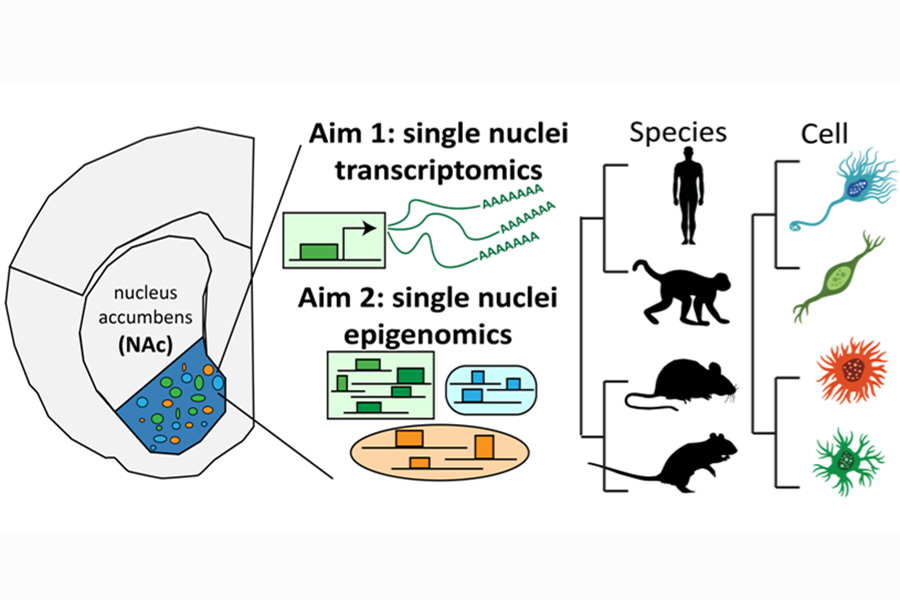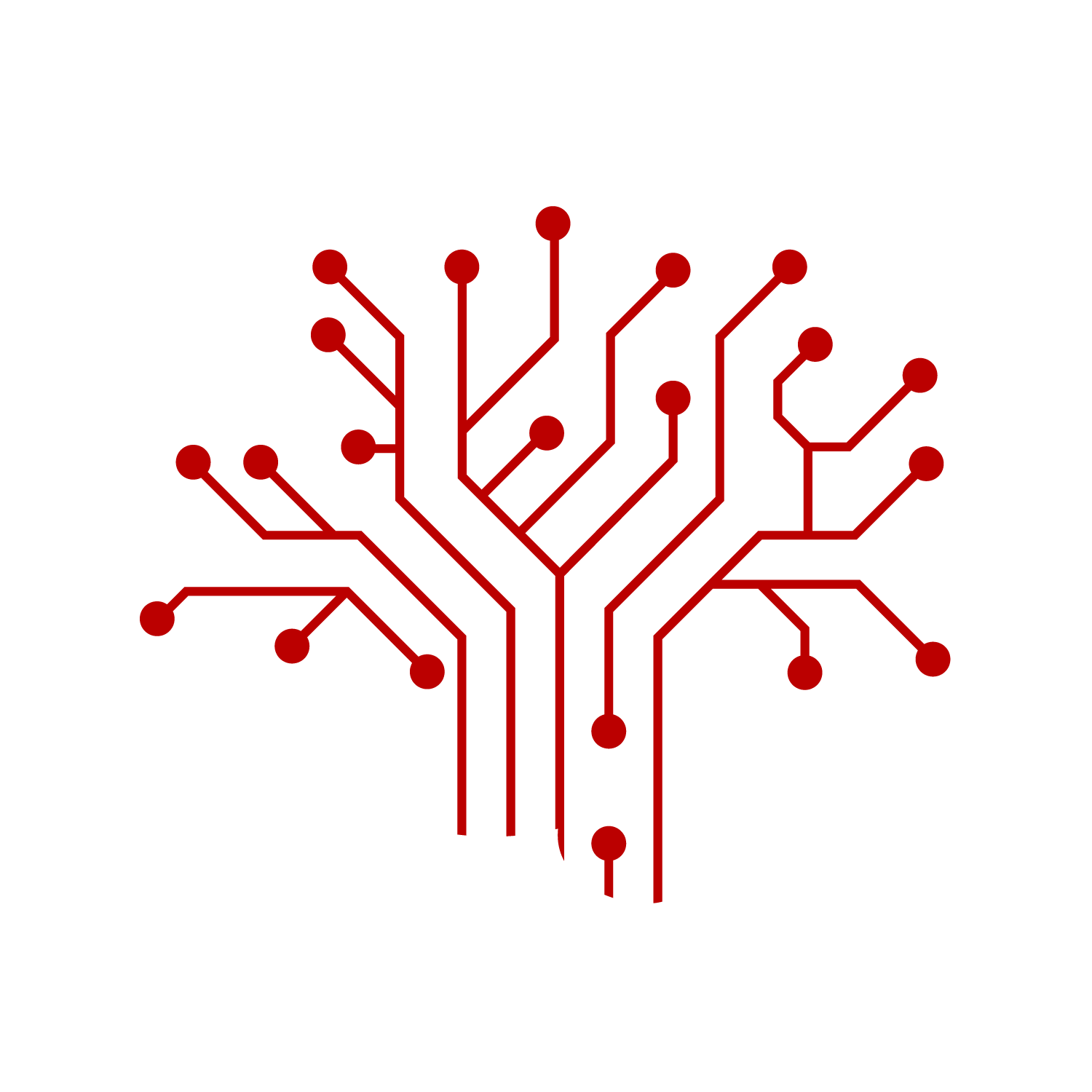
BaDoi Phan Awarded NIH NIDA Grant
Article originally shared on Computational Biology website. View original article.
Substance use disorders (SUD) affect more than 100 million people worldwide and are influenced by the genetic makeup of the individual. With this fellowship grant from the National Institute on Drug Abuse, BaDoi will investigate how genetic differences in humans could influence sets of brain cell types shared across human, monkey, and rodents by conducting cutting edge single cell genomic experiments and analyzing the results by adapting new machine learning methods. The goal of these experiments is to unpack the complexity of substance use disorders, linking human genetic studies to the enhancers, genes, and cell types that comprise those neural circuits underlying addiction and associated behaviors. Understanding which genes and enhancers may be affected by human risk variants for SUD, particularly those measurably conserved in primate and rodents, will direct future studies into molecular mechanisms of SUD, revolutionize the playbook for translating human polygenic disease and disorders to model organisms, and ultimately progress towards curbing the substance addiction epidemic.
 BaDoi Phan is a 2nd year PhD student in Andreas Pfenning’s lab in the Computational Biology Department. With this fellowship support over the next 5 years, BaDoi will continue his training towards a PhD in Computational Biology from Carnegie Mellon University and an MD from the University of Pittsburgh through the joint Pitt-CMU Medical Scientist Training Program (MSTP).
BaDoi Phan is a 2nd year PhD student in Andreas Pfenning’s lab in the Computational Biology Department. With this fellowship support over the next 5 years, BaDoi will continue his training towards a PhD in Computational Biology from Carnegie Mellon University and an MD from the University of Pittsburgh through the joint Pitt-CMU Medical Scientist Training Program (MSTP).

